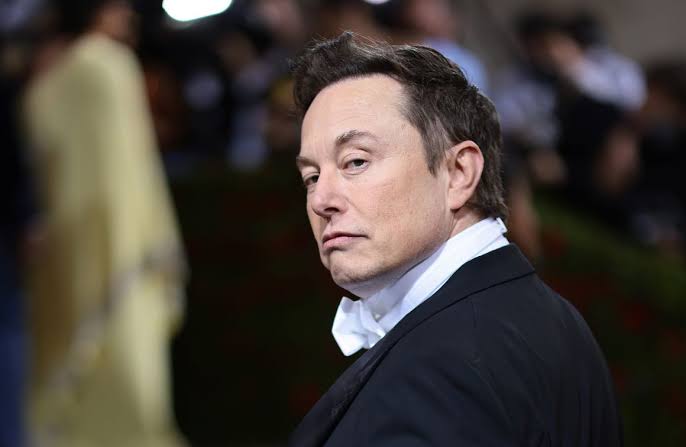
Elon Musk countersues Twitter over $44bn deal; but details aren't public yet
text_fieldsWilmington: Elon Musk countersued Twitter on Friday, intensifying the conflict between the Tesla CEO and the social networking company over his bid to walk away from the $44 billion purchase.
Although the 164-page document was not publicly available, under court rules a redacted version could soon be made public.
It wasn't clear why Musk asked the court to keep details of his countersuit confidential when the billionaire, who is also the CEO of SpaceX, had been vocally critical of Twitter on social media and in press interviews in recent months.
Musk's lawsuit was filed hours after Chancellor Kathaleen McCormick of the Delaware Court of Chancery ordered a five-day trial beginning Oct. 17 to determine if Musk can walk away from the deal.
Twitter did not immediately respond to a request for comment.
Musk said he was abandoning the takeover and blamed Twitter Inc for breaching the agreement by misrepresenting the number of fake accounts on its platform.
Twitter sued days later, calling the fake account claims a distraction and saying Musk was bound by the merger contract to close the deal at $54.20 per share. The company's shares ended on Friday at $41.61, the highest close since Musk abandoned the deal.
McCormick fast-tracked the case to trial last week, saying she wanted to limit the potential harm to Twitter caused by the uncertainty of the deal.
Twitter has blamed the court fight for slumping revenue and causing chaos within the company.
The two sides had basically agreed to an Oct. 17 trial but were at odds over the limits of discovery or access to internal documents and other evidence.
Musk accused Twitter this week of dragging its feet in response to his discovery requests, and Twitter accused him of seeking huge amounts of data that are irrelevant to the main issue in the case: whether Musk had violated the deal contract.
The chief judge in her order appeared to anticipate discovery disputes to come.
"This order does not resolve any specific discovery disputes, including the propriety of any requests for large data sets," said McCormick.






















